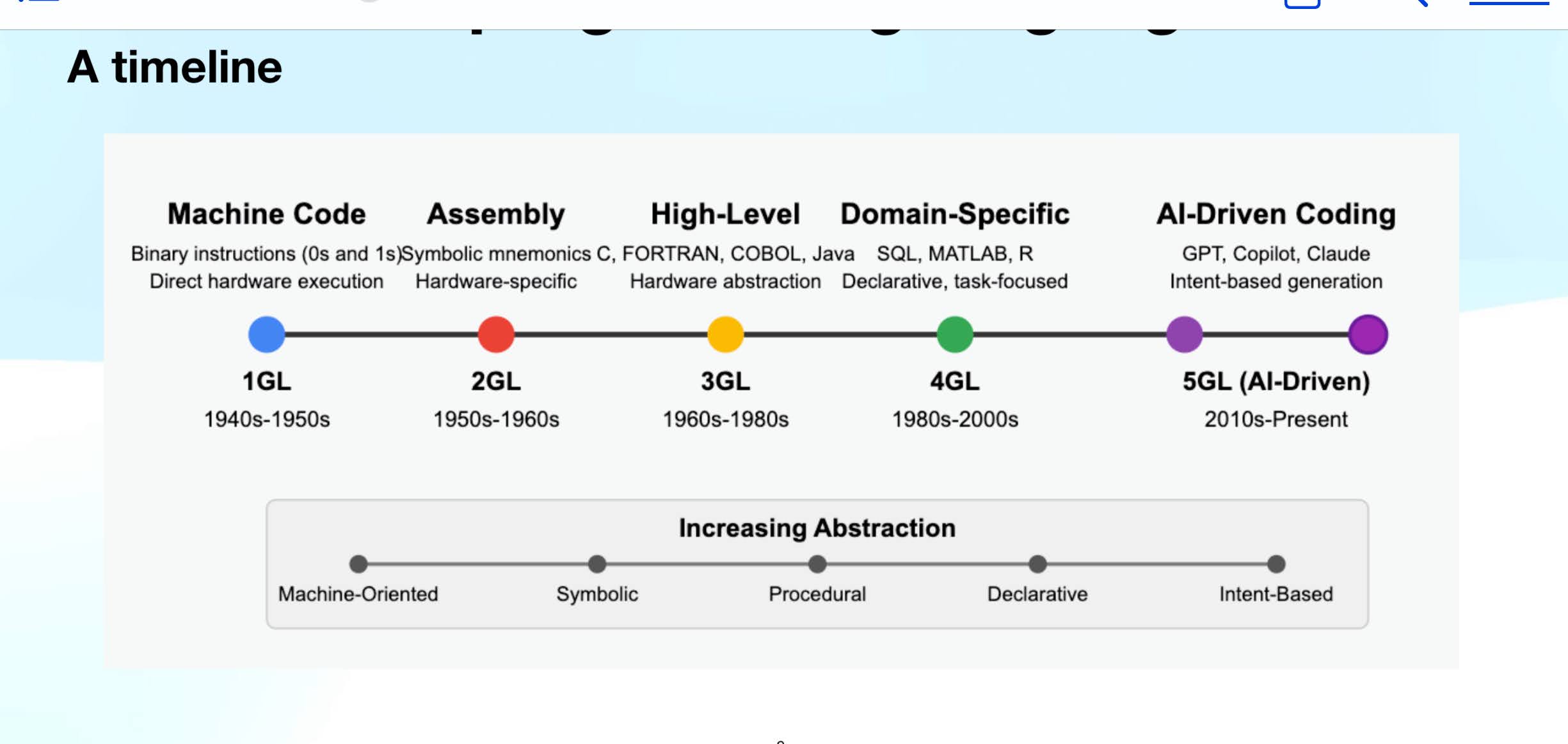"Breaking Down AQA Grade Boundaries: What Every GCSE Student Needs...
What Every GCSE Student Needs to Know for 2025
Understanding AQA Grade Boundaries for GCSE 2025
Grade boundaries are the minimum marks needed to achieve each grade in your GCSE exams. The AQA exam board sets these boundaries after exams are marked, ensuring fairness for all students. Knowing how grade boundaries work can help you set realistic goals and reduce exam stress.
What Are Grade Boundaries?
Grade boundaries are the cut-off points that decide which grade you receive based on your exam score. For example, if the boundary for a grade 7 in Maths is 150 marks, you need at least 150 to get that grade.
- Set after exams: Boundaries are decided once all papers are marked.
- Change each year: They can go up or down depending on how difficult the exam was.
- Different for each subject: Each subject and paper has its own boundaries.
How Are AQA Grade Boundaries Decided?
AQA uses a process called awarding to set grade boundaries. This involves:

- Reviewing how students performed on the exam.
- Comparing this year’s results to previous years.
- Ensuring fairness if the paper was harder or easier than expected.
Grade boundaries are not set in advance—they reflect the actual performance of students each year.
GCSE Grading Scale Explained
GCSEs now use a 9-1 grading system, with 9 being the highest. Here’s a quick guide:
- 9: Top grade, higher than the old A*
- 7: Roughly equal to an old A
- 4: Standard pass (similar to old C)
- 1: Lowest grade
Why Do Grade Boundaries Matter?
Understanding grade boundaries helps you:
- Set realistic revision targets
- Understand what’s needed for your desired grade
- Reduce anxiety by demystifying the grading process
Where to Find AQA Grade Boundaries
Grade boundaries are published on the official AQA grade boundaries page on results day. You can check boundaries for each subject and paper.
Tips for Students
- Don’t focus only on boundaries—aim to understand the material.
- Use past papers to practice and check your scores against previous boundaries.
- Ask your teachers if you’re unsure about how boundaries might affect your results.
Key Takeaways
- Grade boundaries change each year and are set after exams are marked.
- They ensure fairness, especially if an exam is harder or easier than expected.
- Check the official AQA website for the latest information.
Browse Categories 📚
Ready to boost your learning? Explore our comprehensive resources above, or visit TRH Learning to start your personalized study journey today!